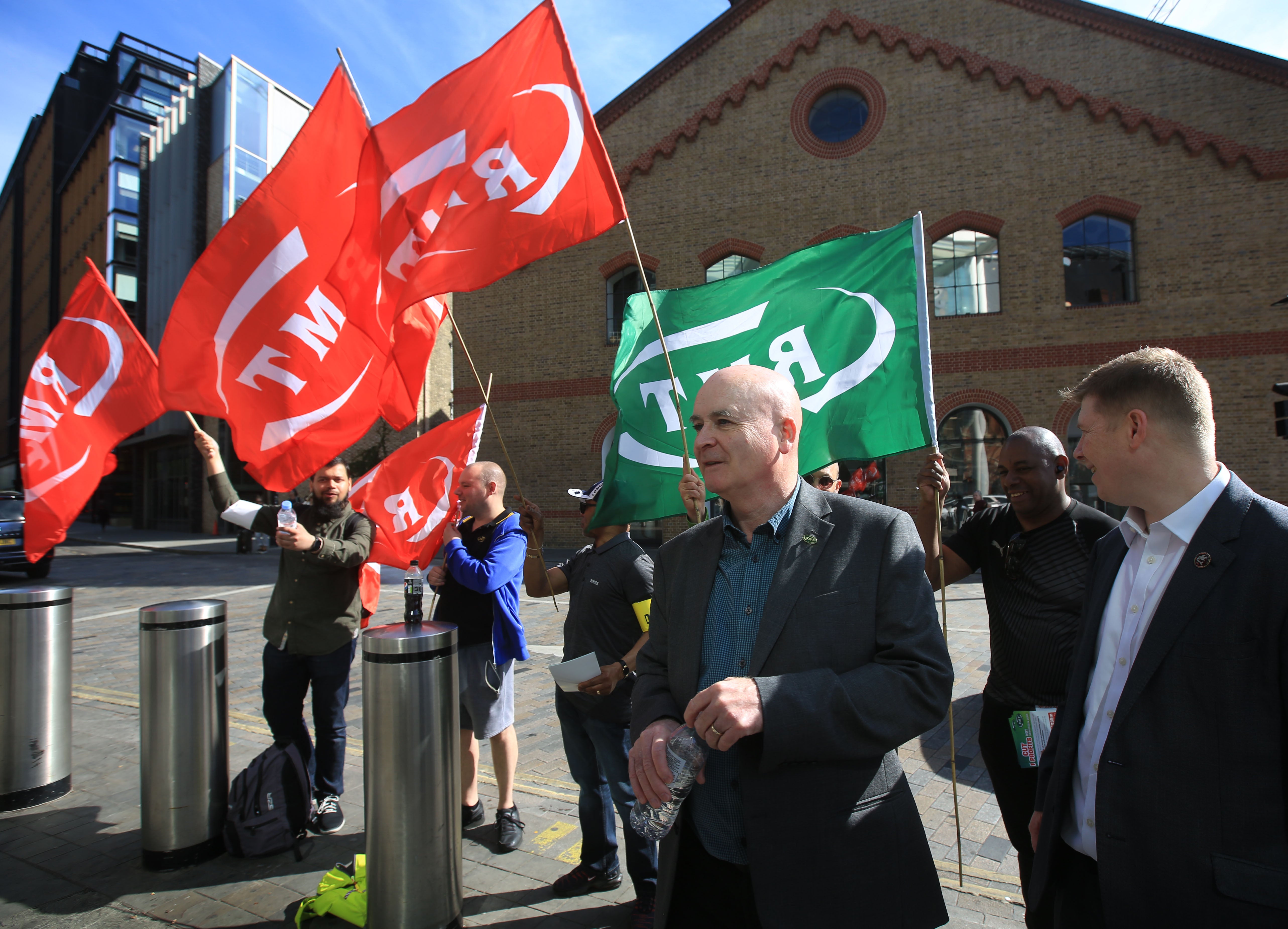This is what the voters of Tiverton think of the rail strikes
The cost of living crisis is changing everything in politics, including even how Tory supporters in rural Devon think about picketing public sector workers


Your support helps us to tell the story
From reproductive rights to climate change to Big Tech, The Independent is on the ground when the story is developing. Whether it's investigating the financials of Elon Musk's pro-Trump PAC or producing our latest documentary, 'The A Word', which shines a light on the American women fighting for reproductive rights, we know how important it is to parse out the facts from the messaging.
At such a critical moment in US history, we need reporters on the ground. Your donation allows us to keep sending journalists to speak to both sides of the story.
The Independent is trusted by Americans across the entire political spectrum. And unlike many other quality news outlets, we choose not to lock Americans out of our reporting and analysis with paywalls. We believe quality journalism should be available to everyone, paid for by those who can afford it.
Your support makes all the difference.One of the things you find when you spend a lot of time carrying out focus groups with so-called “normal” people is that they are rarely mean, rarely spiteful and broadly want common sense solutions to most political problems. It’s boring but it’s true.
Setting Brexit and immigration to one side, perhaps, most people are actually very, very moderate on most issues. If there’s a sensible centre-ground, they will instinctively move towards it. The results of a recent survey that we ran for the More In Common campaign group on gender identity and trans rights is a great example.
This sensible centre-ground is exactly where we found ourselves earlier this week (Tuesday) when we discussed rail strikes with the voters of Tiverton, where there is an important by-election happening.
What we discovered in this focus group was actually quite a nuanced position on the issue of public sector pay strikes, one that could see support go either way. Both political parties would do well to think about how this plays out, especially if this summer of disruption turns into a winter of discontent.
It will not come as a surprise to anyone that the kneejerk reaction of our participants was to be cross about the possibility of further strikes and the implications for their lives. They were both annoyed about the short-term disruption that “trainmageddon” would cause to their day-to-day lives, but also how – if successful – a pay hike for rail staff would see the cost passed on to them as fare-paying passengers.
(This is yet more evidence, should we need it, that all of politics must now be seen through the prism of the cost of living crisis.)
One participant put it like this: “If [rail workers’] wages are up more than everybody else’s, is another thing that’s going to add to the cost of living because that cost is going to be passed on to the people who are using the trains. No other way they can do it because everything else is being squeezed so that that cost goes on to everyone else, cost of living goes up.”
Others agreed, with only one of the eight actively supporting the RMT’s action.
But dig a little deeper and there was rather more to it than just an angry rejection: we also found sympathy. This group of instinctive Tories actually sympathised with the strikers’ demands. They could empathise with the decision by a group of workers to do something about the failure of wages to keep up with spiralling bills.
To keep up to speed with all the latest opinions and comment sign up to our free weekly Voices Dispatches newsletter by clicking here
“I understand why they strike,” one of our focus groupers said. “The fact that it impacts the population to the extent it does, doesn’t win them any fans and doesn’t do them any favours. But I think they have the ability to do something that the majority of us cannot do to get an increase. There are so many of us that have worked for three, four years, and nobody’s had an increase – but because of the unions, they have the ability to strike.”
This, then, is key. If the Conservative government thinks that attacking the RMT is a “wedge issue” that will allow them to win back support by taking on a “hated” group of trade unionists, then they might well find themselves mistaken.
There was, we found, very little appetite to bash the strikers in Tiverton – and more than a little fascination to see how they got on.
The cost of living crisis is changing everything in politics, including even how Conservative voters in rural Devon think about picketing public sector workers. We live in truly improbable times.
Join our commenting forum
Join thought-provoking conversations, follow other Independent readers and see their replies
Comments